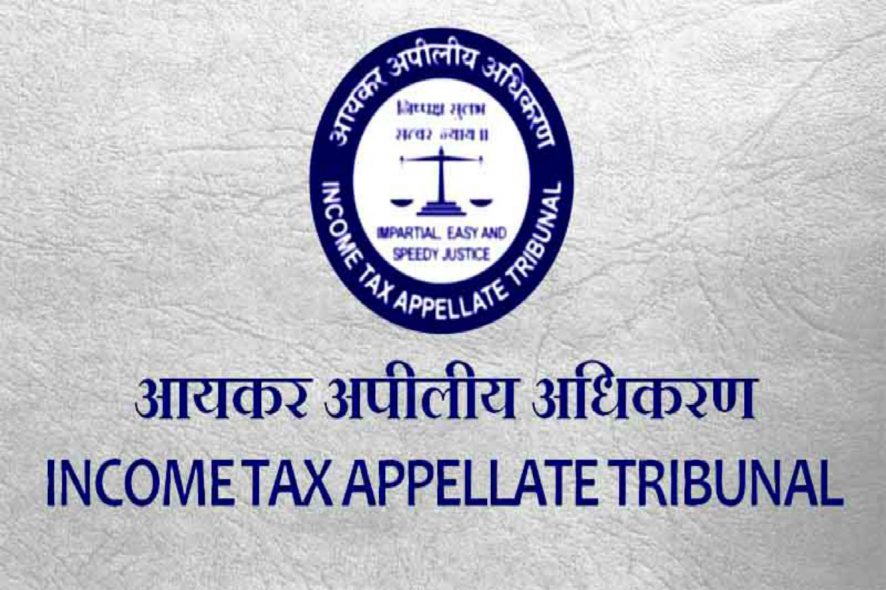Income Tax Appellate Tribunal (ITAT): A two-member Bench of Saktijit Dey, Judicial Member and Manoj Kumar Aggarwal, Accountant Member, allowed the appeal filed by Elsevier Information Systems against the decision of the Revenue to charge to tax the subscription fee earned by it for its online database pertaining to chemical information. The impugned assessment order was made for the assessment year 2011-2012 under Section 143(3) read with Section 144-C(13) of the Income Tax Act, 1961.
The issue
The core issue was whether the amount of over Rs 8.16 crores received by Elsevier was in the nature of “royalty or fees for technical services”, and hence chargeable to tax in India?
Elsevier’s database
Elsevier Information Systems maintains an online database “reaxys.com” pertaining to chemical information which includes articles on Chemistry, substance data and inputs on preparation and reaction methods as experimentally validated. By providing access to the database, Elsevier earns subscription fee from customers worldwide, including India.
Assessee’s contention
For the impugned assessment year, Elsevier filed its return of income on declaring nil income. In the course of assessment proceedings, in pursuance to a query raised by the Assessing Officer, the Elsevier submitted that the subscription fee received from various customers in India for providing access to its online database is neither in the nature of royalty nor fees for technical services. Thus, it was submitted that in the absence of a Permanent Establishment (PE) in India as per Article 5 of India-Germany Tax Treaty, the subscription fee received by the Elsevier was not taxable in India. The Revenue Department held otherwise and made the impugned assessment order.
Senior Advocate J.D. Mistry along with Niraj Seth, Advocate led contentions on behalf of Elsevier Information Systems. He submitted while providing access to the online database the assessee does not provide the customers with any right to use the copyright in the database. Thus, he submitted, the subscription fee received by the assessee for providing publicly available information cannot be treated as royalty.
Revenue’s stand
V. Sreekar, the Departmental Representative, rebutted the submissions made on behalf of the assessee and submitted that the data provided by the assessee through the database are customised data catering to the specific need of the customer. Therefore, the subscription fee received by the assessee is in the nature of royalty/fees for technical services as the assessee provides technical services and transfers the right to use the copyright to the customers in India.
Discussion
(a) Royalty under Article 12(3)
The Appellate Tribunal was of the opinion that reading of the subscription agreement made clear that the assessee has created a database wherein the data relating to Chemistry are collated from various journals and articles and are stored in a structured and user friendly manner which is accessible to customers/users on subscription basis without conferring any exclusive or transferrable right on the customer/user. Further, the assessee retains its exclusive right and ownership over the intellectual property relating to the product and the users subscribers are specifically debarred from using the data in any manner other than for their own exclusive purpose.
As per the definition of “royalty” under Article 12(3) of the India-Germany Tax Treaty, any amount received for use of or right to use of any copyright or literary, artistic or scientific work, etc., can be treated as royalty.
In the present case, as per the Appellate Tribunal, there was no material on record which could even remotely demonstrate that while allowing the customer /users to the access the database, the assessee had transferred its right to use the copyright of any literary, artistic or scientific work to the subscribers. That being the case, the payment made could not be treated as royalty under Article 12(3) of the India-Germany Tax Treaty.
(b) Fee for technical services under Article 12(4)
Having held so, the Appellate Tribunal, next considered whether the subscription fee could be treated as fees for technical services. It was noted that the assessee has collated data from various journals and articles and put them in a structured manner in the database to make it more user-friendly and beneficial to the users/customers who want to access the database. The assessee has neither employed any technical/skilled person to provide any managerial or technical service nor is there any direct interaction between the customer/user of the database and the employees of the assessee. There was no material on record to substantiate that there was any human intervention.
The Appellate Tribunal relied on the Supreme Court decisions in CIT v. Bharati Cellular Ltd., (2010) 193 Taxman 97 (SC) and CIT v. AP Moller Maersk AS, (2017) 392 ITR 186 (SC), for the proposition that for providing technical/managerial service human intervention is a sine qua non.
Article 12(4) of India-Germany Tax Treaty provides that payment for the service of managerial, technical or consultancy nature including the provisions of services by technical or other personnel can be termed as “fees for technical services”. None of the features of fees for technical services as provided under that article could be found in the subscription fee received by the assessee.
Held
In view of the discussion mentioned above, the Appellate Tribunal held that the addition made by the Revenue had to be deleted, as, the payment received by Elsevier Information Systems was only in the nature of “business profit” which could not be brought to tax in India in the absence of Permanent Establishment. The appeal was accordingly allowed. [Elsevier Information Systems GmbH v. CIT, 2019 SCC OnLine ITAT 251, decided on 15-4-2019]






